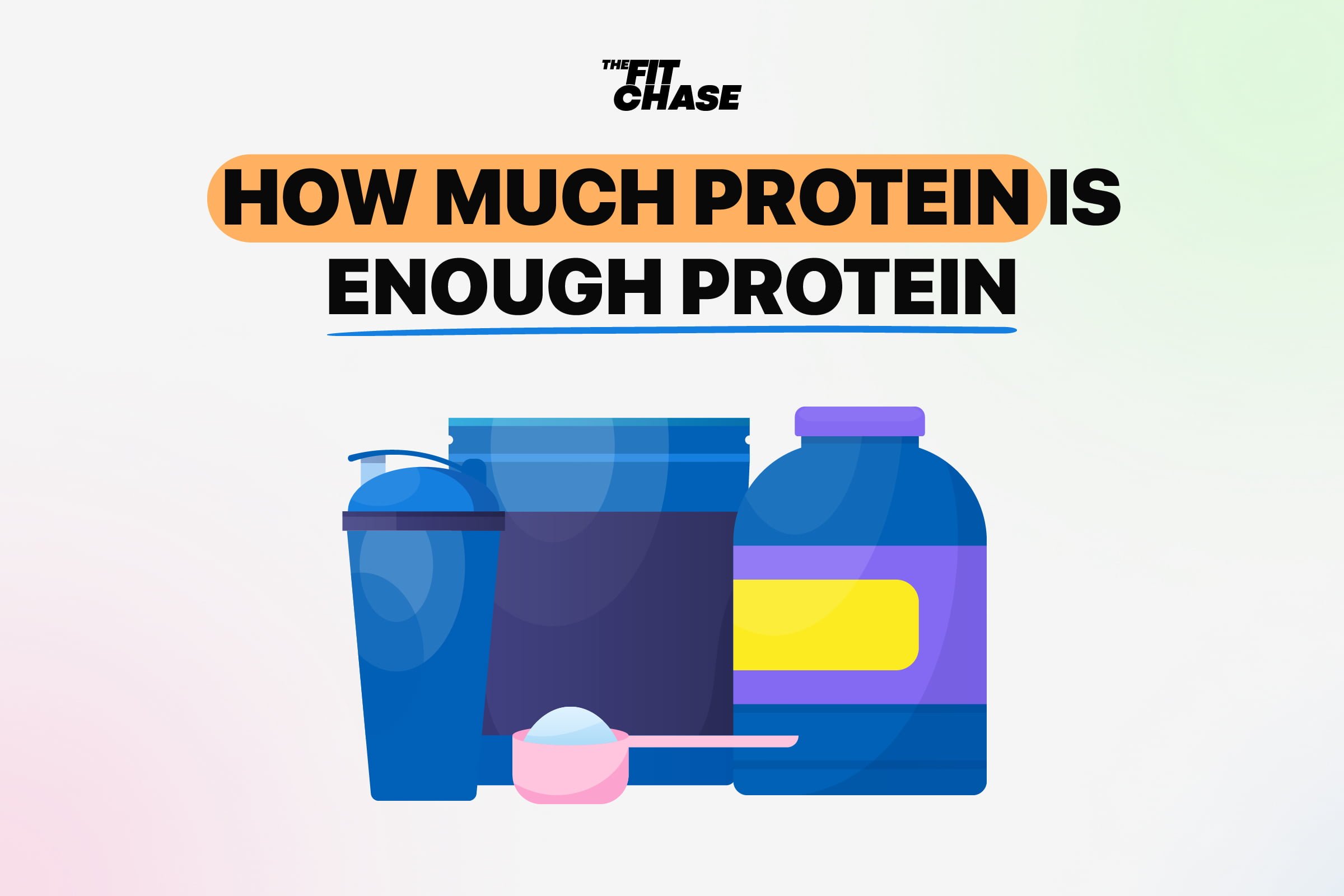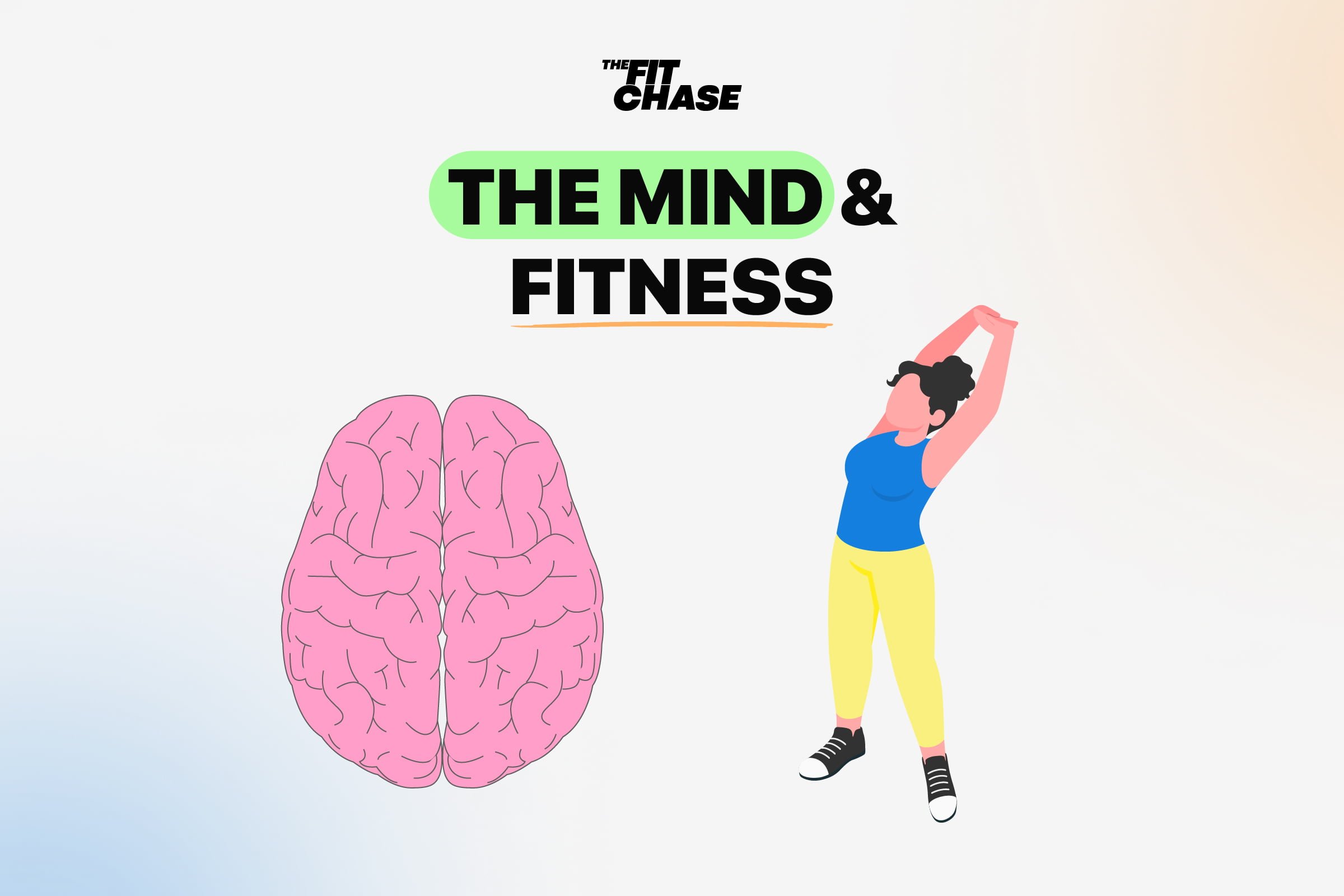What is Intermittent fasting?
People think IF is a diet. It is not a type of a diet.It is an eating pattern that involves alternating periods of fasting and eating over the 24hr cycle. This approach to eating does not necessarily dictate what foods to eat but focuses more on when to eat them.
Different approaches to intermittent fasting.
Intermittent fasting has gained popularity in recent years, leading to an increase in variations of the fasting method. There are various types of intermittent fasting that have become more common, including 16:8hr fasting, 20:4 hr fasting – More extreme one.
- The most prevalent type of intermittent fasting is the 16:8 method, which involves a 16-hour fasting period followed by an 8-hour eating window. It is flexible and can be adjusted to a person’s schedule. Some individuals extend their fasting period until after breakfast, while others begin their fast early in the evening.
- Another popular method is the 20:4 fast, which is ideal for those who have experimented with fasting before and want to challenge themselves. Waiting to eat until the evening is something many people have unknowingly done on Thanksgiving.
- The 24-hour fast is a longer fast that involves not eating for a full day. It is typically done sporadically, perhaps a few days a week or a few times a month, and is recommended for weight loss or to reset after overindulging.
- It is crucial to note that regardless of the intermittent fasting method chosen, it is essential to maintain a balanced diet, such as the keto diet, and consume the proper amount of calories. It is possible to adjust the fasting method to fit one’s lifestyle, making it easier to sustain over time.

Intermittent fasting, like any other health regimen, has its pros and cons. In this discussion, we will explore some of the benefits and drawbacks of intermittent fasting.
Optimizing Body Composition with Intermittent Fasting: A Beneficial Method
When you fast, you’re not eating any calories, which means your body starts using up its stored sugars and eventually taps into its fat stores this leads to more burning of body fat. Intermittent fasting helps improve body composition by promoting weight loss and reducing body fat through a calorie deficit. It also positively affects our hormones.
An Effective Way to Control and Prevent Diabetes
Intermittent fasting and weight loss can potentially enhance insulin sensitivity and reduce blood glucose levels by decreasing the amount of leptin produced by fat cells and increasing adiponectin, a hormone that regulates glucose and lipid metabolism.
Several studies have shown that intermittent fasting, used as a weight-loss approach, can help individuals maintain a healthy body weight and improve blood glucose levels, which is an important aspect of diabetes prevention and management.
While the main contributor to these benefits is likely the reduction in body weight and body fat that comes from caloric restriction during intermittent fasting, research still indicates a favourable impact on blood sugar levels.
Promoting Cellular Health and Vitality
When we fast, we allow our body to rest and engage in natural processes that promote cell health. One such process is called autophagy, where our cells remove waste and dysfunctional cells to clear out damaged cells and generate new, healthy ones, Just as how a under construction building needs constant work, but as it is being built it requires constant cleaning also.
Research indicates that intermittent fasting can increase the frequency of this process, prompting our body to more efficiently clear out any unwanted debris and dysfunctional cells. This increased autophagy may potentially help protect us against various diseases, such as neurodegenerative diseases, cancer, inflammatory diseases, and cardiovascular diseases.
Are There Any Cons to Intermittent Fasting?
Despite the many reported benefits of intermittent fasting, it is essential to recognize that this diet may have downsides if not managed appropriately. Thus, it is vital to consider the potential drawbacks or cons associated with intermittent fasting.
Negative Effects of Skipping Meals: Headaches, Dizziness, and Nausea
Fasting is just not meant for some people. Decrease in sugar levels might result in mental fogginess – Where you don’t feel like moving an inch and your brain refuses to function.Onset Symptoms such as headaches, and nausea may occur sometimes. Therefore, if you have any medical concerns, it is advisable to consult your physician before attempting intermittent fasting. Individuals with type 1 diabetes or taking diabetic medication may be at higher risk of experiencing unwanted side effects or difficulties regulating their blood sugar levels. If you have acidity issues, You should avoid this eating pattern.

Furthermore, your body may require an adaptation period, so it is wise to select a day of the week or a time period that does not involve strenuous activity or intense mental focus when first initiating an intermittent fasting routine.
Intermittent Fasting Can Still Lead to Weight Gain
Experiencing hunger pangs during the fasting period may trigger certain individuals to induce binge eating behaviours when they are not fasting. Cramping all your food causes digestion issues. We are humans, and we tend to overindulge in things that seem scarce or we are restricted from. and this leads to overcompensating in the later part of the fast. While I am a type of person who does very well on Intermittent Fasting, my husband ends up over indulging in the later part of the day as if there is no tomorrow just because he fasted in the morning. Consistently consuming more calories than your body can burn will ultimately lead to an increase in body fat, regardless of how frequently you fast for 12-16 hours a day.
Struggling to manage your appetite and giving in to temptation during non-fasting periods can potentially destroy your weight loss goals. To prevent this, it is advisable to establish a meal prep routine or plan your meals in advance.
The Difficulty of Maintaining Intermittent Fasting as a Long-Term Practice
Starting Intermittent Fasting (IF) may initially seem challenging, as there is an adaptive stage that people should be aware of, which is primarily physiological in nature. However, after a few days, the body tends to adapt and the associated symptoms typically disappear, making it easier to adhere to this eating pattern.
It is important to note that IF should not be used in isolation as a weight loss strategy. However, it is one of the tools in your tool box that used at the right time can yield great results.
Final thoughts
In conclusion, fasting has become an increasingly popular method of improving health and promoting weight loss. Whether you opt for intermittent fasting or a more extended fast, the benefits are evident. However, it is crucial to approach fasting with caution, particularly if you have underlying medical conditions. Moreover, it’s not just about the length of time you fast, but also about the quality and quantity of food you consume during the eating periods. Ultimately, the key to reaping the rewards of fasting is finding an approach that works for you and aligns with your lifestyle and goals.












